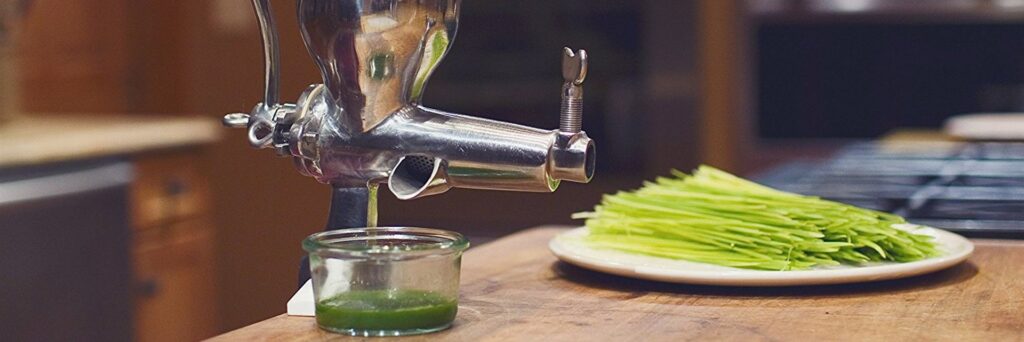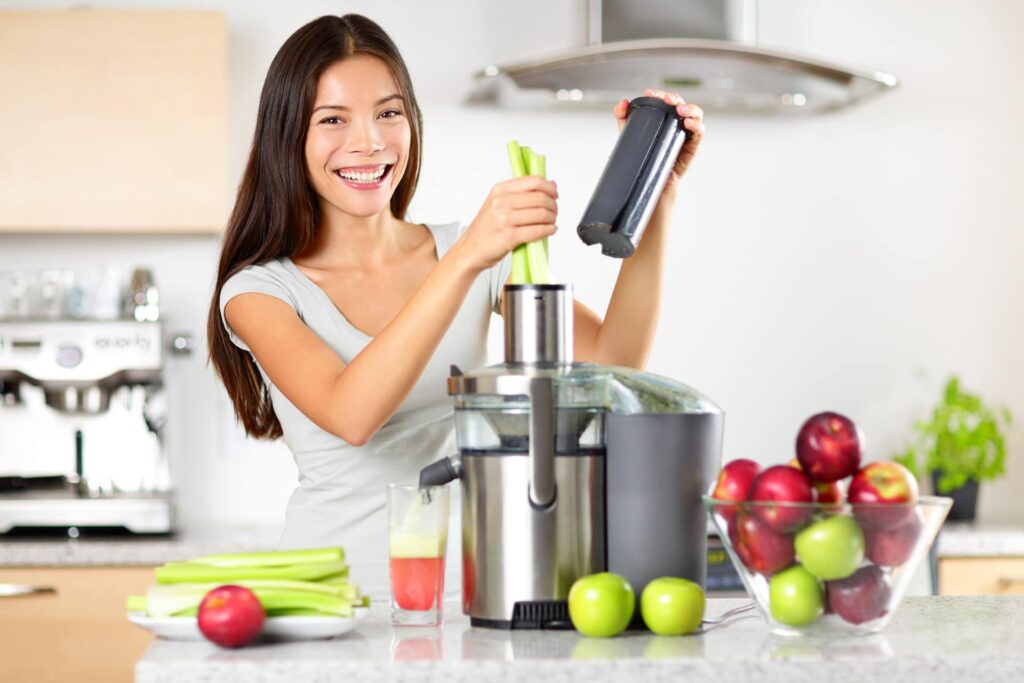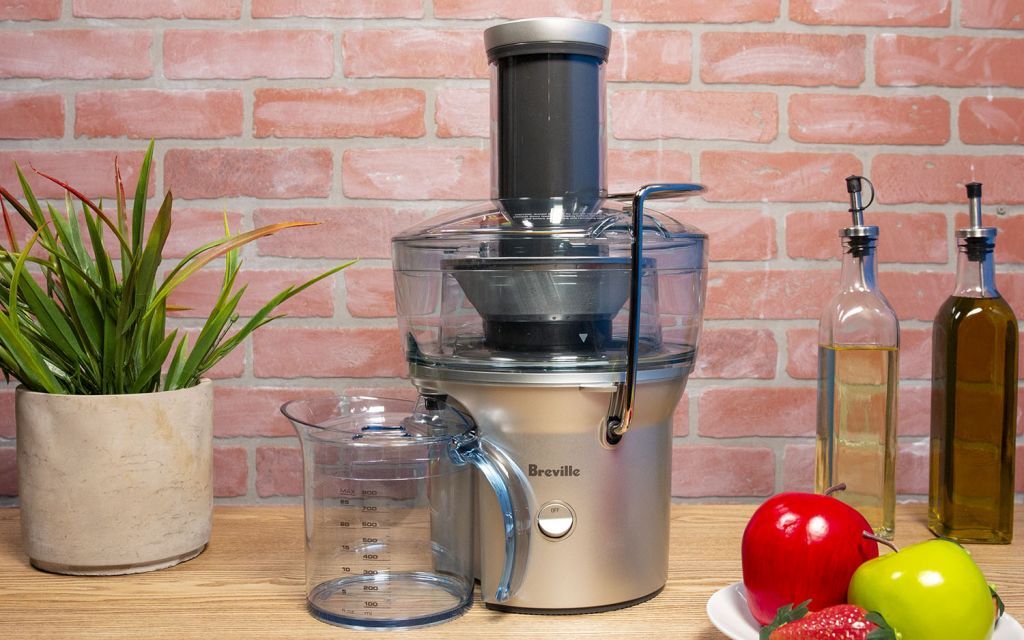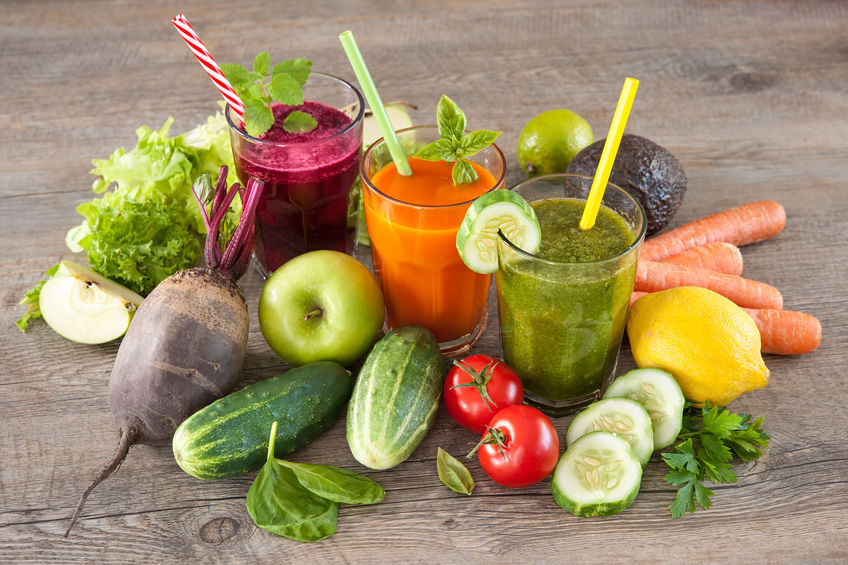There are lots of benefits of drinking fresh juice. It’s the best natural way to meet your nutritional requirements and protect yourself from several contemporary diseases.
We recommend drinking fresh juice as soon as you make it to exploit its full nutritional value. But what if you prefer drinking it later? You’ll want to keep it as fresh as possible, right?
So, you’re now wondering, how long your fresh juice can last, eh? Of course, you can store it from 24 to 72 hours, but the honest answer is it depends. Many factors come into play, like your juice extraction method, your drink’s content, how you store it, etc.
And that’s why we prepared this guide. We will enlighten you on how you can store your juice and extend its shelf life.
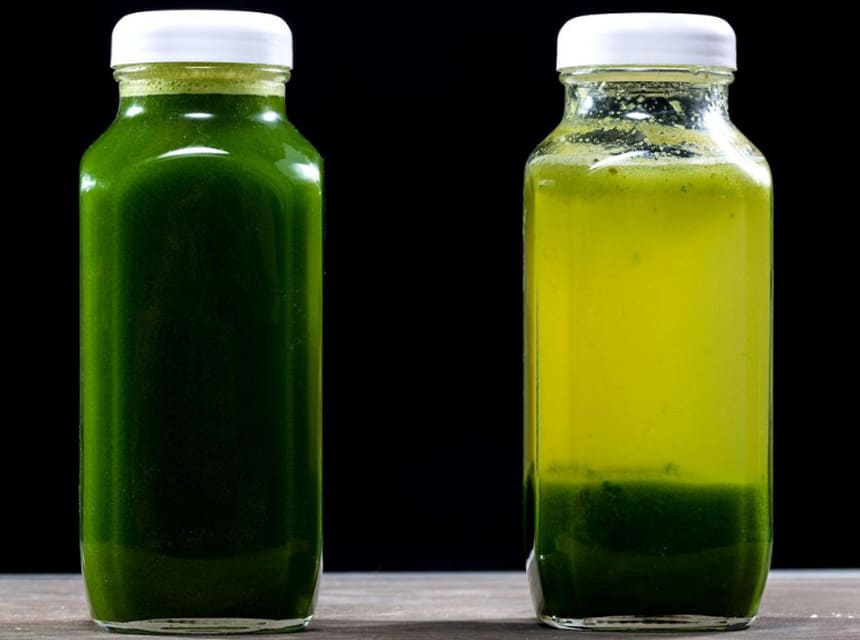
There are a number of factors that affect how and when juice will go bad. The main factors for juice perishing is bacteria and oxidation. These can be a little confusing to understand, so we’ll delve into these topics in more detail now.
You’re likely to be aware of bacteria as a factor when cleaning your home, but bad bacteria can also affect your juice.
While fresh fruit and vegetables are packed with nutrients, as the produce declines, the bad bacteria increases. In fact, bacteria is the cause of rotting and spoiling. If you can minimize the bad bacteria, you can prolong the lifespan of your juice.
Bacteria is all around us, but you can minimize the bacteria in your juice by using organic produce. If this is not possible, opt for the freshest and highest quality produce that you can afford.
If you want to ensure there are trace minerals in your juice, why not try growing fruits and vegetables yourself. This is a great way to ensure that no chemicals are used and you can pick your produce for juicing with optimum freshness.
You can also reduce bacteria by washing all of your produce before you start juicing.
The other factor affecting how long a fresh fruit just will last is oxidation. Heat, light and air can all increase the level of oxidation. Using chemical terms, it refers to molecules losing an electron, which degrades the nutrient levels in your juice.
The amino acids and proteins in the juice react to the oxygen in the air, which can also cause discoloration. Once oxidation occurs, it starts the process of spoiling and shortens the lifespan of your fresh juice. Eventually it will sour and not be fit for consumption.
There are several factors that determine if your juice has low or high oxidation.
Since organic produce contains higher nutrient levels, there is less oxidation and the juice will last longer. Even if you use the highest quality produce, for the best nutrition and flavor, you should consume your juice immediately or at least within 24 hours.
There are two common types of juicer, masticating and centrifugal juicers. The type of juicer you use will affect the rates of oxidation.
Masticating or twin gear juicers are often referred to as cold press or slow juicers. This is because the gears turn at slower speeds, extracting more juice with less oxidation. The best twin gear juicers like Tribest GSE-5000 can produce a high-quality juice that can last 24 hours or slightly more without spoiling.
Centrifugal juicers take their name from the high-speed centrifugal effect that is used to separate the juice from the fruit or vegetables. Unfortunately, this causes a high level of oxidation.
To avoid losing most of the nutrients from your juice, if you use a centrifugal juicer, you should drink your juice within 20 minutes of making it.
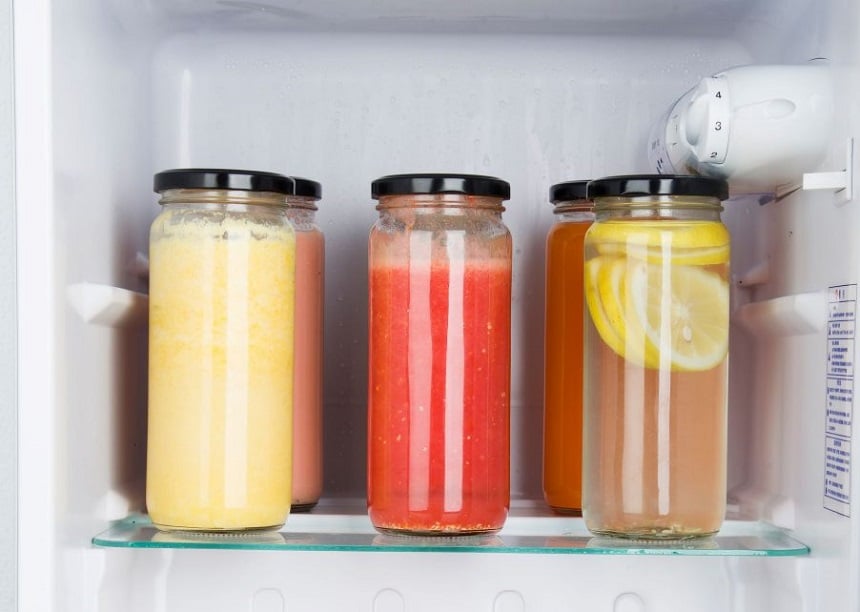
Your choice of storage method will also affect oxidation. Ideally, your juice should be bottled and put into the fridge.
Low quality and plastic bottles will increase the rate of oxidation, so glass is better for reducing oxidation and storing your fresh juice. There are even some blenders that come with glass jars to help minimize oxidation.
However, if you want the best storage method, invest in some quality Mason jars for drinking your fresh juice later. Just be sure to pour your juice into the jar immediately and refrigerate it instantly.
To determine if your juice has gone bad, you will need to use your senses. If the juice has changed color or has a sour, strong sell, it has gone bad. A brown color of juice is a sure sign it has degraded, so you should avoid drinking it.
Just be aware that different types of juice will have similar signs of going bad, which is why you should aim to drink your juice immediately or within 24 hours of juicing.
Your juice will last anywhere from 4 to 5 days if you prepare it using a twin gear juicer, one day for anyone using centrifugal juicers, and 48 hours if you use a masticating juicer.
Also, keep in mind that some fresh juice can also last up to 72 hours, depending on its storage conditions.
You should store juice in your fridge only when you’ve made more than enough juice for yourself, so you’re saving it for later. And while you do so, stick to good storage techniques like filling your container to the brim and storing it immediately after juicing.
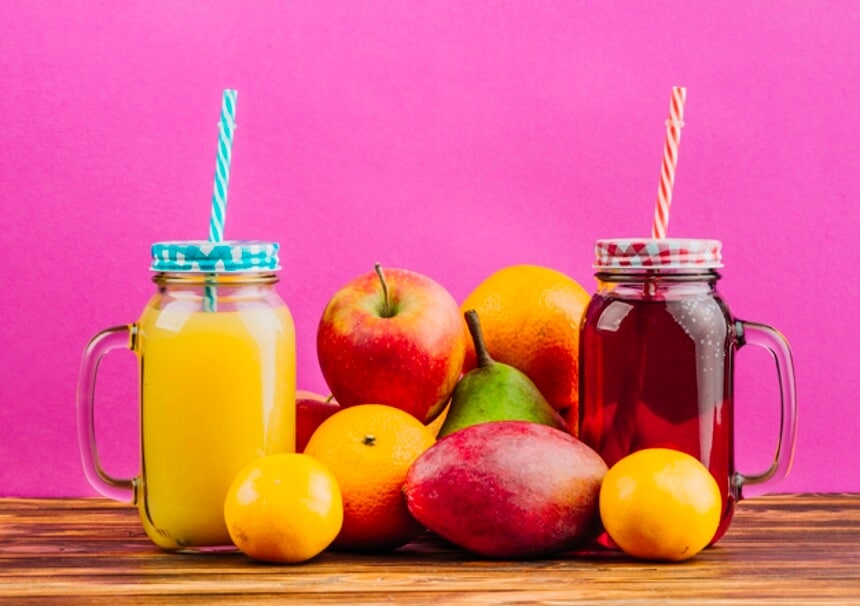
We love that mason jars are a great alternative to plastic bottles and milk bottles that allow air to get into your juice and boost oxidation levels resulting in stale juice with low nutritional value. They’re also toxin-free and not prone to leaching, unlike plastic bottles.
Generally, a good mason jar is made of glass and has a lid with a rigid rubber ring at the bottom. Their rubber seal keeps the lid tight and locks out oxygen.
Fortunately, there are some things that you can do to extend the shelf life of fresh juices. This includes:
We touched on this above, but it is worth mentioning again. It is crucial that the produce you’re using for your juice is as fresh as possible. If your fruits or veggies are close to expiry, they will not last long once they are made into juice.
Even if you can’t afford organic produce, you can still make some great juice with fresh fruits and veggies.
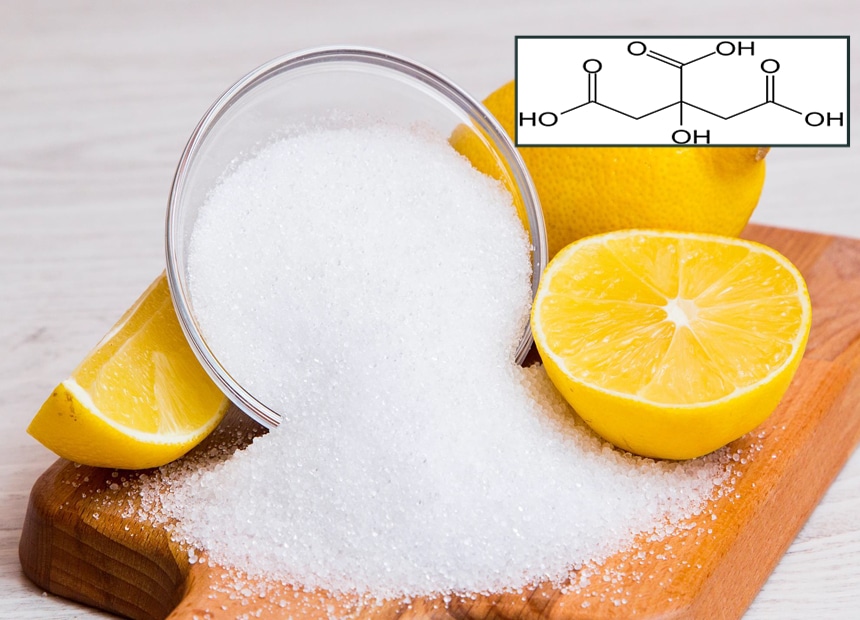
Another trick to increase the shelf life of your fresh juice is to add citric acid. Break out your citrus press or throw a lemon, lime or orange into your juice blend. Citrus is high in antioxidants, which can help to combat oxidation. For the best results, expert recommend Zulay Professional Citrus Juicer that is easy to clean and gets the maximum amount of juice with no seeds.
While this method won’t provide the same lifespan extending as pasteurizing, you may be able to get an extra day or two before your juice spoils.
Proper storage is crucial to keep your juice fresh and delicious. It should be stored in an airtight container in the fridge. It is important that your container is clear and ideally it should be a clear container that allows you to see the juice inside.
Additionally, glass bottles are easier to clean, as many are dishwasher safe, so you can ensure that your bottles are sparkling clean to maximize the shelf life of your juice.
Another method of maximizing the shelf life of your fresh juice is to vacuum seal it. This removes the air from the juice before you store it in your container.
Just remember that once you open the container, your juice will be immediately exposed to light and air, so oxidation will begin. So, it is a good idea to vacuum seal your juice into single serve containers.
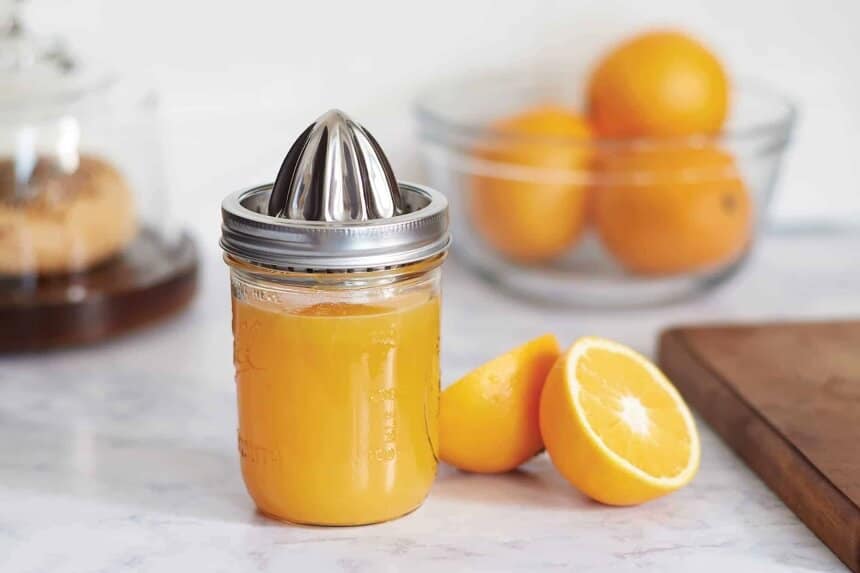
Of course, you can use several ways to keep it fresh but, in this section, we will cover the main ones like minimizing air and oxidation, storing in a refrigerator, limiting opening and closing of your jars, and many more.
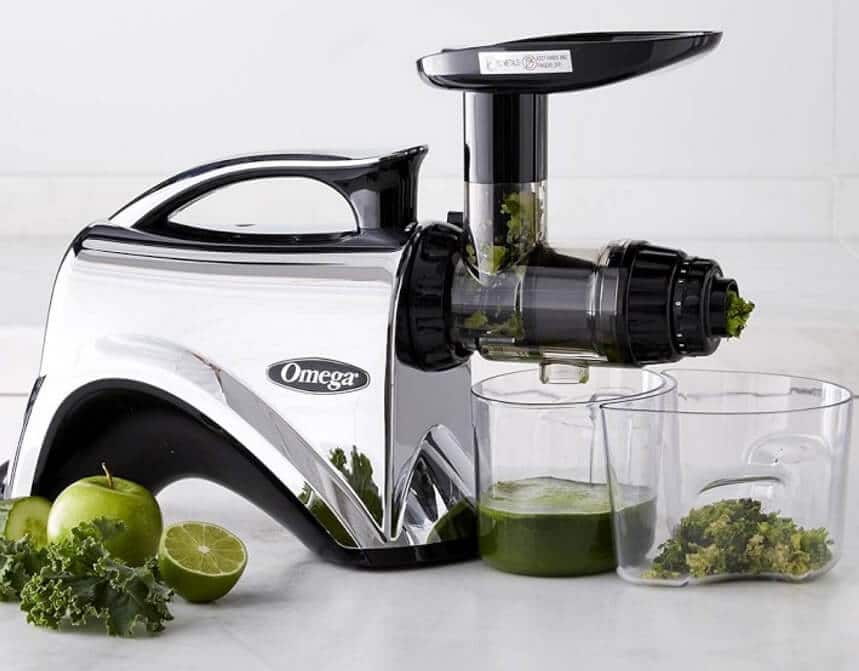
What oxidation does is, it makes the cells decompose naturally, which makes your drink stale and whack. But the good thing is you can slow it down with measures like introducing citric acid, an antioxidant that combats oxidation.
Another great way to battle it is to fill your jars to the brim and close your lids tightly. Experts also recommend storing your juice in a vacuum-sealed glass container to lock out oxygen.
Also, remember that factors like your juicer type affect the oxidation process.
The high speed of rotation of centrifugal juicers increases the oxidation levels, so it’s best to drink your juice as soon as possible.
Masticating juicers offer slow rotations per minute (80-100), so their oxidation levels are lower. If you need a good one, you can check out Omega NC900HDC that offers 80 RPM, so your juice can last up to 72 hours.
But with a juice press, you’ll make juice slowly, so there’s little to no oxidation.
Storing juice in your fridge is as simple as it seems. You should get your mason jars ready, or use a tightly sealed container if you don’t have one. It’s even better if you buy a dark one to reduce oxygen exposure.
The next step is to add antioxidants like lime, citrus to reduce oxidation levels, then fill your juice up to the top to lock out oxygen out of the container. Depending on your juicing conditions, you should drink the juice within 24-48 hours if you store it in your fridge.
If you want to store it for up to 72 hours, you can freeze your juice. But remember to leave some space in your jar as liquids expand when frozen.
Experts also warn that if your juice stays in the fridge for more than 72 hours, it will lose nutrients, appear stale, and the bacterial growth can trigger stomach upsets.
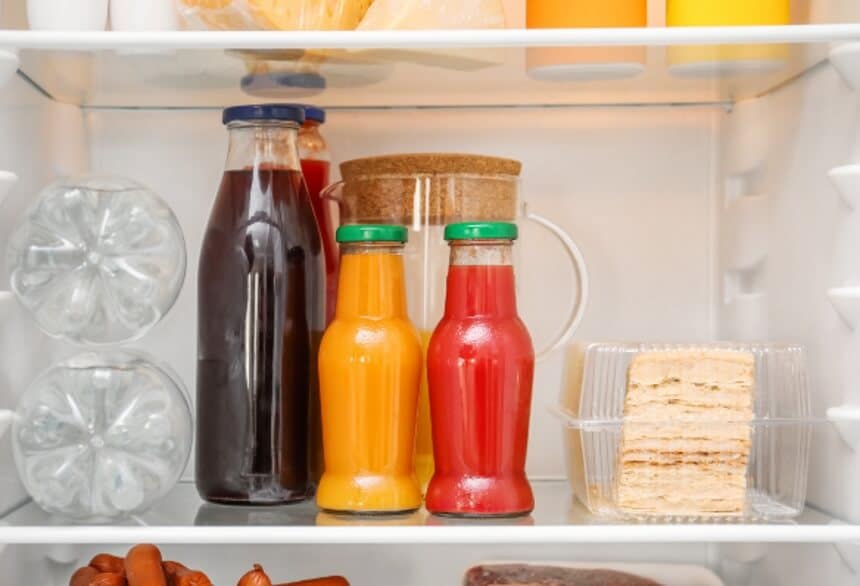
Every time you open your container, air rushes in, and oxidation begins. If your juice was supposed to last 72 hours and you open it multiple times a day, it won’t stay fresh for more than 48 hours.
Say you drink your juice three times daily; you should open and pour the drink in the least time possible.
Overall, we feel that the best to combat opening and closing your jars is to use vacuum-sealed mason jars.
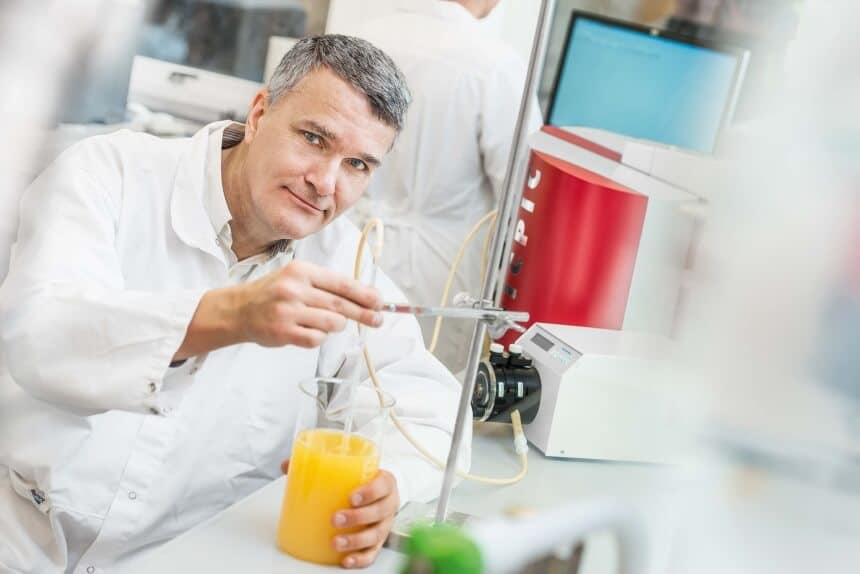
It involves heating the drink for a given time and temperature to kill the bacteria that make the drink spoil fast.
The most common type of pasteurization includes slow/low-temperature long time pasteurization, high-temperature short time/ flash pasteurization/ flash, and ultra-pasteurization/ ultra-high temperature (UHT), and we’ll discuss them in a few.
Slow pasteurization involves heating your fresh juice for 20 to 30 minutes up to 63 to 65 degrees before it cools. The only shortcoming of this method is it alters the taste and quality of juice.
With flash pasteurization, you’ll heat your juice between 80 to 95 degrees for 15 to 30 seconds. It’s among the best ways to keep your juice fresh as it results in little to no nutritional changes to your drink.
The last type is ultra-pasteurization, where processing companies condition juices to high temperatures of up to 138 degrees for some seconds. It’s used in several industrial areas like milk processing companies to keep milk fresh for up to 6 months.
Yes, pasteurization is a good method to preserve juice, but experts claim that it can reduce the quality of your drink by giving it a “cooked’ taste.
Non-thermal processes involve all techniques that don’t use heat to eradicate microorganisms that spoil fresh juice.
It’s a great way to retain a high number of nutritional compounds in your drink as much as killing the bacteria.
The three main types of the non-thermal method include pulse electric field, UV treatment, and high-pressure processing.
Though pulse electric field can give your juice a metallic taste, it retains the nutritional quality of your juice. You can expect it to last up to 20 days if you store it in a refrigerator.
Some companies that don’t prefer to heat their drinks use UV lights. Like pulse electric field, UV treatment retains the nutritional quality of your juice. However, experts also don’t recommend using this method on juices with high turbidity.
The final non-thermal way to process food is high-pressure processing, which involves submerging the drinks in cold water before applying high pressure of up to 600 MPA. Juices that are preserved this way lasts for 30 to 45 days with refrigeration.
Everyone loves to drink fresh juice as soon as they make it but sometimes several things come in between, like work, duties, lifestyle, preferences, etc., that make you postpone the consumption date.
But at least now, you know the best ways to store your drink and even boost its shelf life so that it remains as fresh as possible.
Remember, the duration of your juice last will depend on the factors we’ve discussed above. You should stick to good practices.
Overall, the most important thing you should do is to factor in your juice preparation methods, conditions, and the containers you’ll use before storing your juice.
If you stick to everything we’ve mentioned here, you’ll be good at storing your juice at home.
Be sure to let us know how it goes!
